The delegations from Afghanistan and Pakistan are meeting in Istanbul on November 6 to put in place what Islamabad wants — a monitoring and verification mechanism for ceasefire violations. The ceasefire was the outcome of their Doha (October 18-19) and Istanbul (October 25-30) meetings last month.
The two countries had clashed along the Durand Line last month. Pakistan also used its air force to bomb Afghanistan. It claimed that it only hit locations of Baloch militant groups and the Tehreek-e-Taliban Pakistan (TTP). However, innocent Afghan civilians were also killed. Thereafter, the Afghan Taliban threatened that it could retaliate through violent actions in Pakistan.
Pakistan-Afghanistan armed clashes occurred after TTP and Baloch militants strongly targeted the Pakistan Army in September and October. In these attacks, it lost a Lt Colonel and two Majors, as well as a large number of soldiers. As usual, Pakistan blamed the Afghan Taliban government for allowing its territory to be used by TTP to launch attacks in Pakistan.
Significantly, this increase in Afghan-Pakistan hostility occurred as Afghan Foreign Minister Ahmed Khan Muttaqi was on an official visit to India. During the visit, India announced that it would upgrade its technical mission to Afghanistan to the status of an embassy and would continue with its humanitarian and infrastructure development assistance to Afghanistan. The Indian Mission has re-opened in Kabul. That is a signal of the mutual intent of the two countries to upgrade their ties. This has enraged Pakistan.
This Istanbul meeting — as the earlier ones — is being held with the assistance of Qatari and Turkish mediators. Qatar and Turkey want to mediate conflicts between Islamic countries. Qatar’s motivation is to carve out a role for itself in the Islamic Ummah. The latter, under Recep Erdogan, wants to revive the place Turkey occupied in the Islamic world in the days of the Ottoman Empire.
Impact Shorts
More ShortsConsequently, Turkey has become more interventionist in Central Asia and wants to be in South Asia too. It supplied Pakistan with drones, which it used against India during Operation Sindoor. Turkey’s bonds with Afghanistan stretch back a hundred years. The Turks take great interest in Afghan affairs. They have been particularly close to the Turkic-speaking Afghan Uzbek community and its leaders such as Dostum.
On October 30, Afghanistan, Pakistan, Qatar, and Turkey issued the following extraordinary Joint Statement:
“1. Afghanistan, Pakistan, Türkiye, and Qatar held meetings in Istanbul from 25-30 October 2025 aimed at solidifying the ceasefire which was agreed by Afghanistan and Pakistan in Doha on 18-19 October 2025 with the mediation of Türkiye and Qatar.
2. All parties have agreed on continuation of ceasefire.
3. Further modalities of the implementation will be discussed and decided in a Principal-level meeting in Istanbul on 6 November 2025.
4. All parties have agreed to put in place a monitoring and verification mechanism that will ensure maintenance of peace and impose penalties on the violating party.
5. As mediators, Türkiye and Qatar express their appreciation for the active contribution of both parties and stand ready to continue cooperation with both sides for lasting peace and stability.”
This Joint Statement shows that the mediators have become active parties! This could be a case of bad drafting, but as Turkish and Qatari diplomats are skilled professionals, that is doubtful. It is likely that Pakistani insistence on pressure being put on Afghanistan has resulted in this strange Joint Statement. Its illogical nature is best illustrated by point 2, which states “all parties” agreed on the continuation of the ceasefire. As Qatar and Turkey are not involved in the conflict, how can they be parties to the ceasefire? Obviously, they do not want to be guarantors, for that would mean putting their forces in Afghanistan.
Meanwhile, Pakistan is maintaining relentless pressure on Kabul by closing the border crossing points to Afghan and Pakistani trucks carrying goods between the two countries. As a landlocked country, Afghanistan depends on its neighbours for its land trade. Pakistan is the most important among them. This is especially so for the Pashtun areas of the southeast and southwest of the country, and the Afghan Taliban are essentially Pashtun. Hence, the closure of border crossing points along the Durand Line puts great pressure on Afghan governments. They have learnt to cope with long closures of the Afghan–Pakistan border crossing points over the decades, but the pressures remain.
An additional factor is that there are millions of Afghans now living in Pakistan, and the blocking of the Afghan–Pakistan border causes difficulties in the movement of people. Besides, over the past few years, Pakistan has been fencing the Durand Line. It is thereby seeking to cut off the large number of informal crossing points through which people and goods moved in the past.
Pakistan has also been threatening Kabul with continuing military action if it does not control TTP and Baloch militants. Deputy Prime Minister IshaqDar gave these warnings in the Pakistan Senate on October 4. On the same day, the Director General of Inter-Services Public Relations (DG ISPR), Lt General Ahmed Chaudhry, gave a background briefing to media representatives. He claimed that elements of the Afghan Taliban were joining the TTP in carrying out attacks in Pakistan. He also said that the Afghan Taliban is under the influence of powers hostile to Pakistan — a not-so-subtle reference to India. He alleged that the Afghan Taliban and their Pakistani supporters were growing opium poppy on 12,000 hectares of land in the erstwhile Khyber Agency.
This was finger-pointing at Imran Khan’s Pakistan Tehreek-e-Insaaf (PTI), which controls Khyber Pakhtunkhwa (KP). The PTI has long advocated that Pakistan should resolve its differences with the Afghan Taliban through dialogue. As Afghan refugees mainly live in KP, it bears the brunt of the TTP’s actions; hence, its desire to cool temperatures with Pakistan’s western neighbour. But this is also linked with the continuing hostility between Field Marshal Asim Munir and Imran Khan.
Turkey and Qatar will ensure that the Istanbul meeting results in a “positive” outcome. The ceasefire will be continued, and some kind of monitoring and verification mechanism may also be agreed to by the Afghan Taliban so that the border crossings open. However, it is impossible to conceive that they will hand over any TTP and Baloch militants to Pakistan. At most, they will ask them to moderate their actions in Pakistan for some time.
Pakistan has sowed the wind. It is now reaping the whirlwind.
The writer is a former Indian diplomat who served as India’s Ambassador to Afghanistan and Myanmar, and as secretary, the Ministry of External Affairs. Views expressed in the above piece are personal and solely those of the author. They do not necessarily reflect Firstpost’s views.


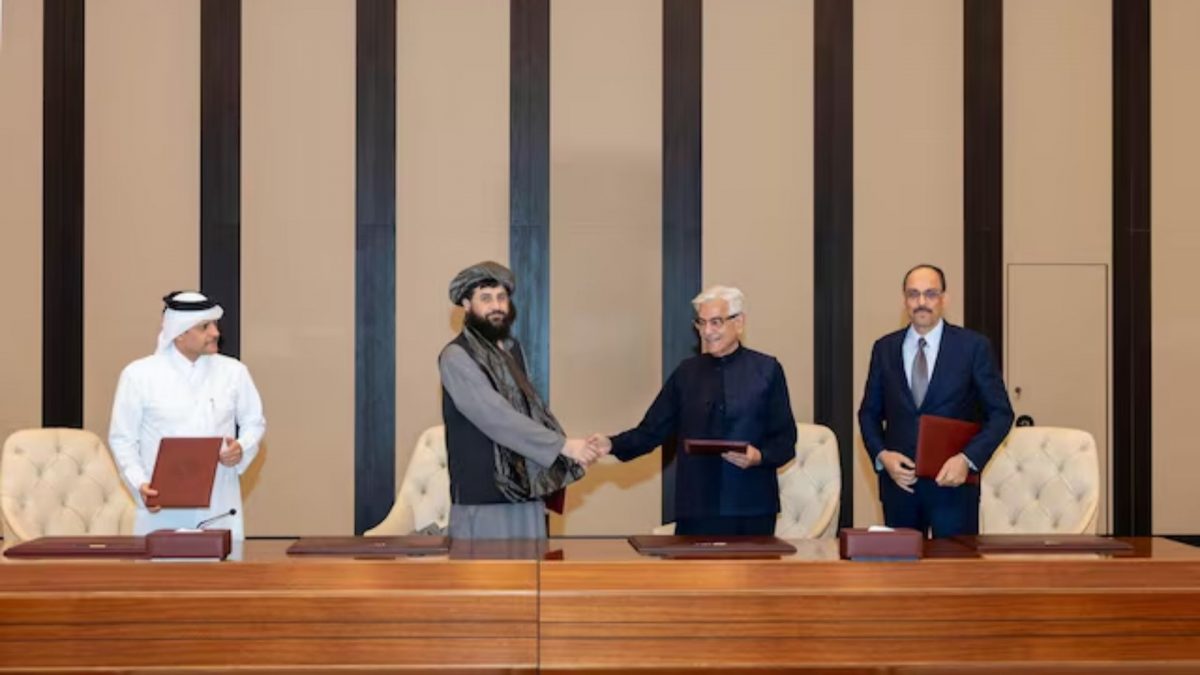)
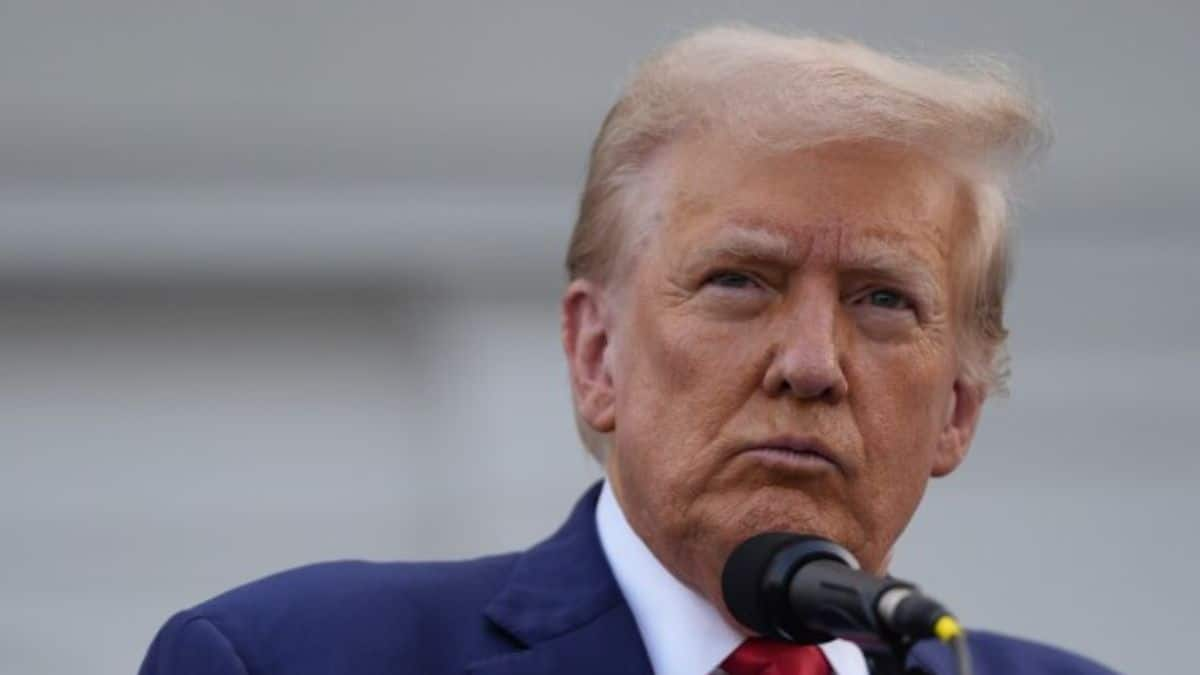
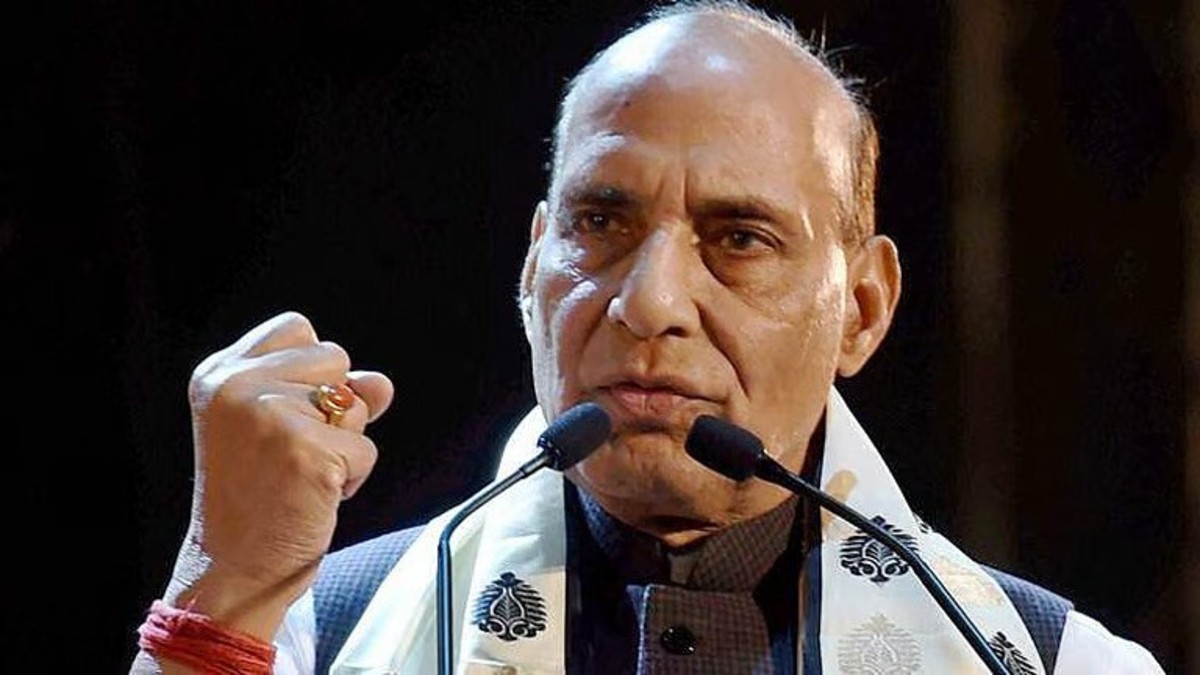)
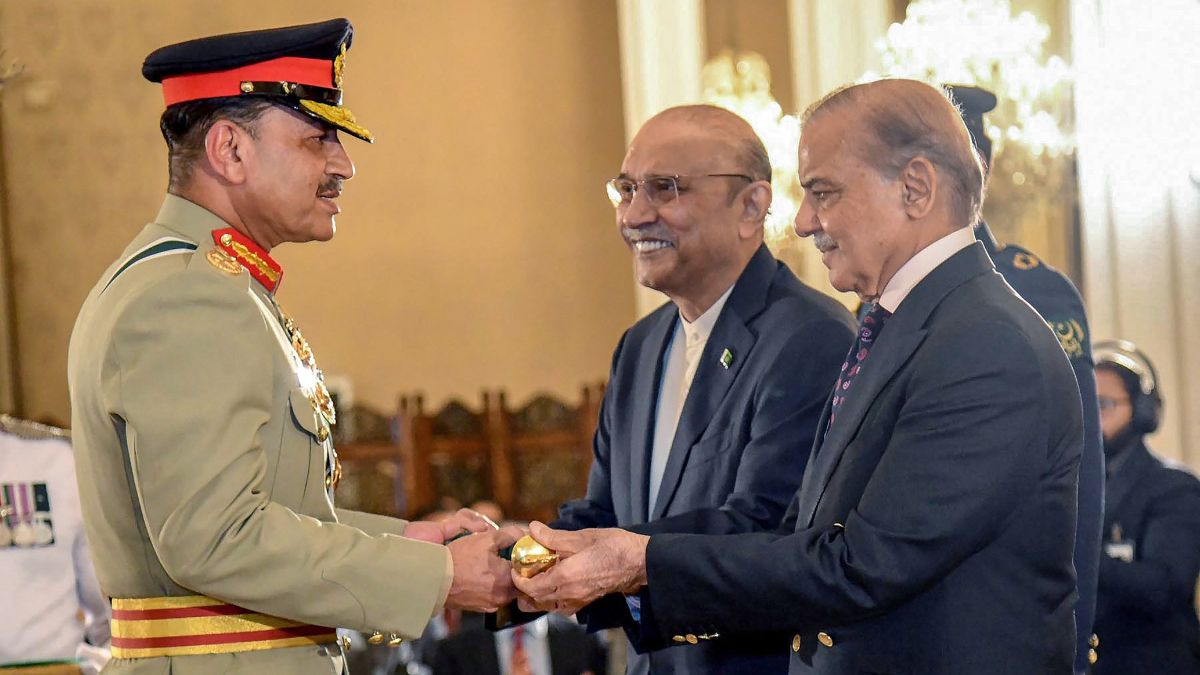)
)
)
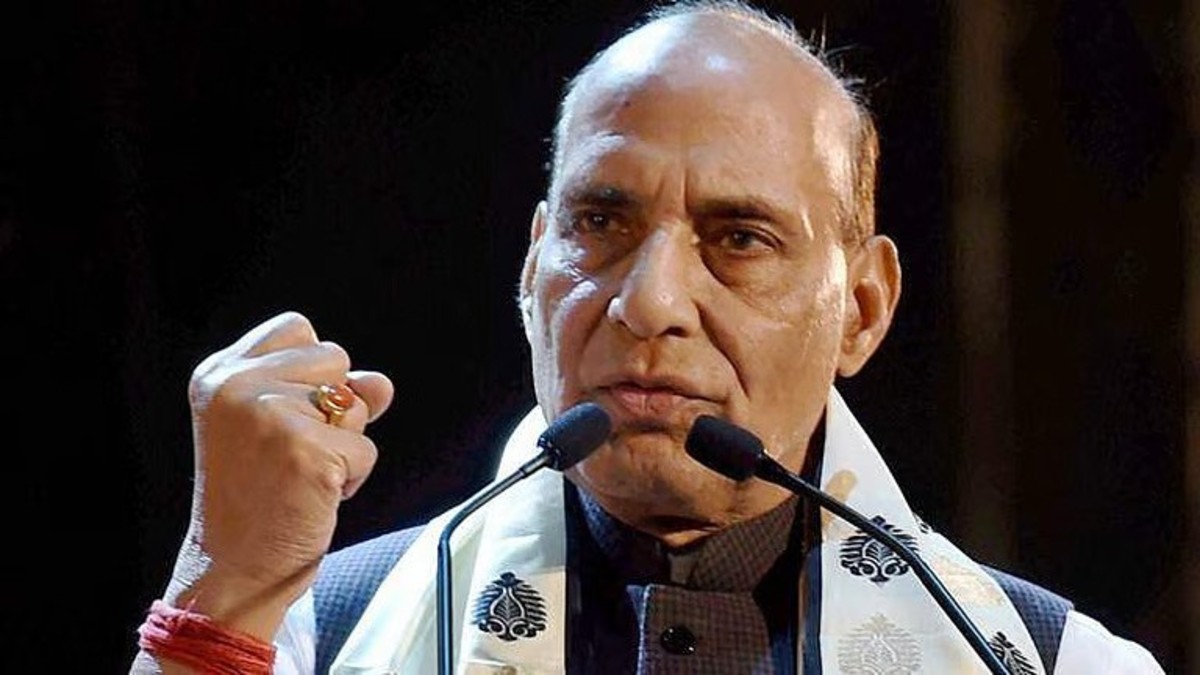)
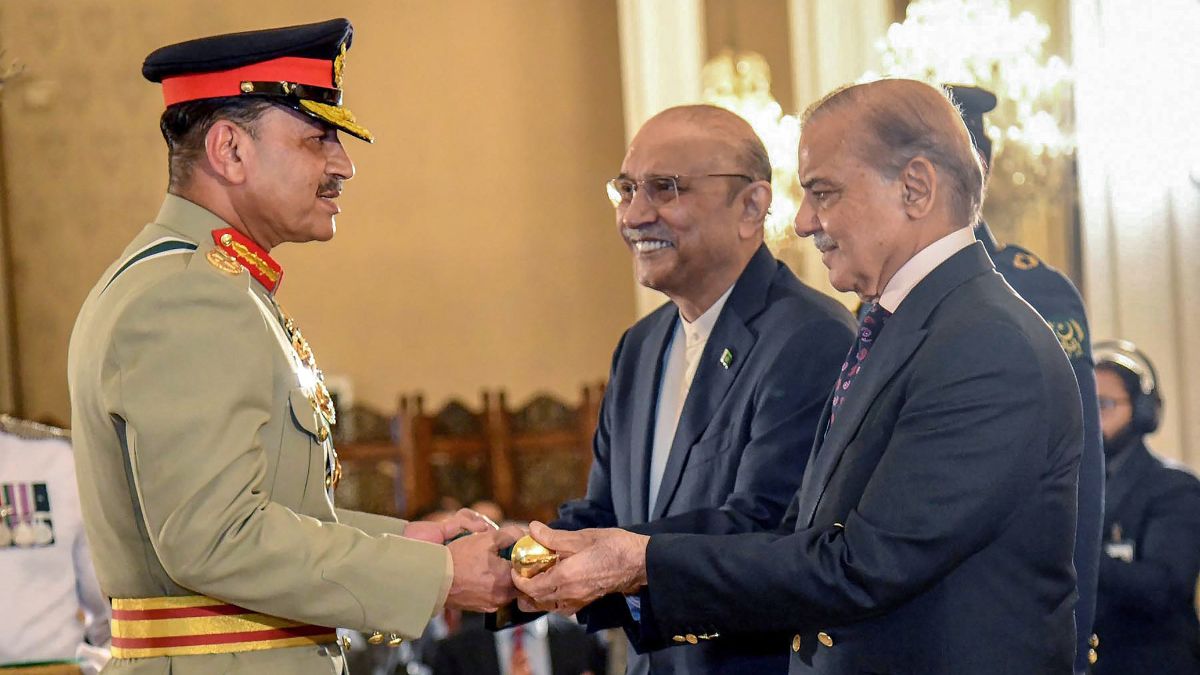)
)
)



